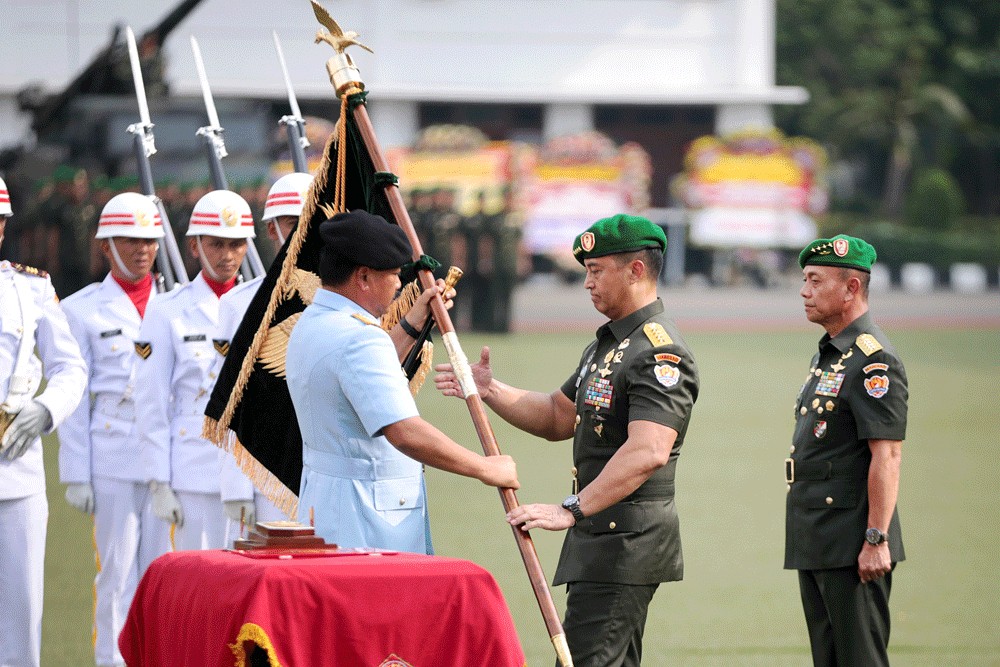Popular Reads
Top Results
Can't find what you're looking for?
View all search resultsPopular Reads
Top Results
Can't find what you're looking for?
View all search resultsIndonesian Army says has stopped 'virginity tests' on female cadets
"Two-finger tests", where doctors check the hymen of female recruits to try to determine their virginity, was systematic, abusive and cruel, according to the New York-based Human Rights Watch (HRW), which conducted investigations in 2014 renewed calls for it to end.
Change text size
Gift Premium Articles
to Anyone
T
he Indonesian Army has ended a controversial practice of virginity tests on women who apply to become cadets, according to its chief of staff, a move welcomed by activists who have long campaigned against it.
"Two-finger tests", where doctors check the hymen of female recruits to try to determine their virginity, was systematic, abusive and cruel, according to the New York-based Human Rights Watch (HRW), which conducted investigations in 2014 renewed calls for it to end.
The military previously said the tests were important in determining recruits' morality. The World Health Organization has said they have "no scientific validity" and the appearance of a hymen was not a reliable indicator of intercourse.
Gen. Andika Perkasa, the Army chief of staff, told reporters on Tuesday that such tests no longer took place in the army.
Read also: Long road to gender equality in Indonesian Military
"Whether the hymen was ruptured or partially ruptured was part of the examination ... now there's no more of that," he said, in comments that were confirmed by a military spokesman.
Andika last week said that the army selection process for male and female recruits must be equal.
The Indonesian Navy conducted pregnancy tests on women applicants, but no specific virginity tests, its spokesperson Rear Adm. Julius Widjojono said on Wednesday, adding "both men and women undergo the same examinations".
Air Vice Marshal Indan Gilang, an Air Force spokesperson, said female reproduction tests were undertaken to check for cysts or other complications that could impair recruits' ability to serve, adding that "virginity tests" did not exist in the force's terminology.
Human rights groups welcomed the announcement that the army had ceased the practice.
"There was never any need for the tests," said Andy Yentriyani, head of the National Commission on Violence Against Women (Komnas Perempuan).
Read also: Women’s rights defenders tread noble but precarious path
Andreas Harsono, Indonesia researcher at HRW said it was "the right thing to do", adding the practice was "degrading, discriminatory, and traumatic".
He said HRW had spoken to more than 100 female military recruits who underwent the tests, one of whom said she was subjected to it in 1965.










